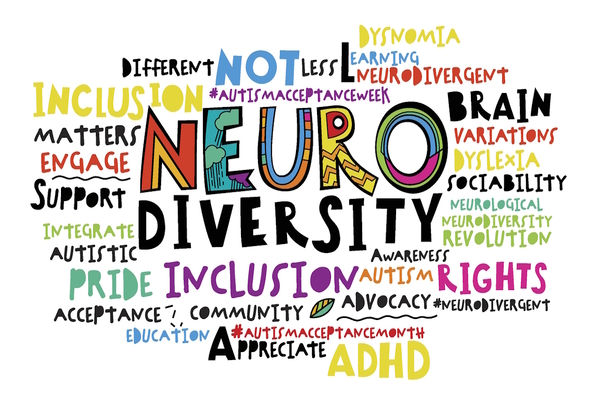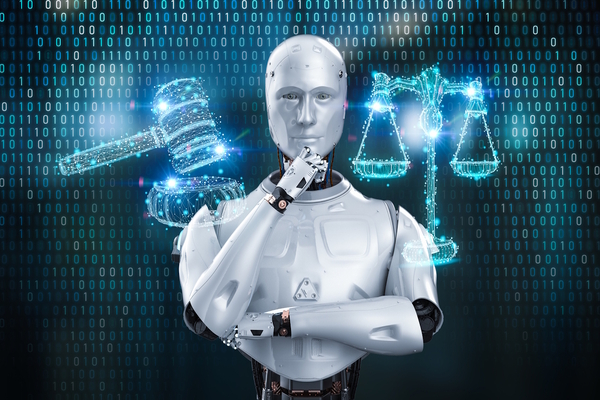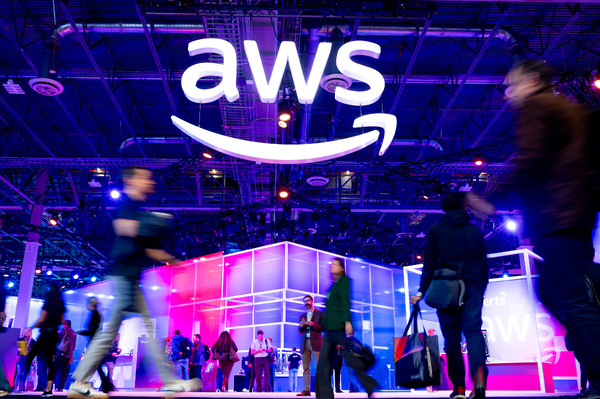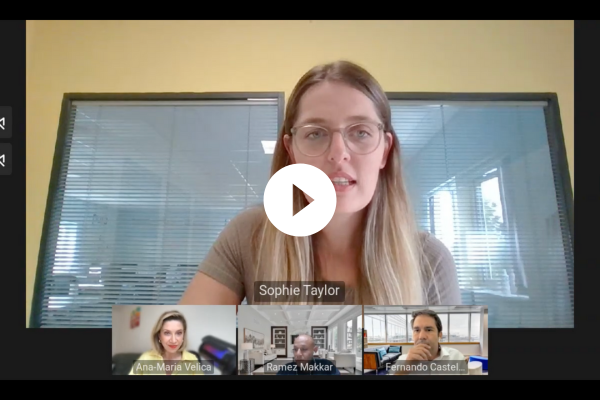AI's influence on moral decision-making in HR

Annabel Joseph at Applaud argues that, when HR professionals embrace AI, they have a responsibility to understand and navigate the moral landscape they introduce
HR departments are facing ever-growing demands without a concurrent increase in resources. At the same time, AI solutions are emerging with the promise of saving time and enhancing productivity. In fact, 81% of HR leaders have implemented or are exploring GenAI solutions.
AI is set to have a huge impact on HR and work-life balance. But, there are many ethical and bias pitfalls awaiting organisations that simply ‘dive in’ without understanding regulations such as the EU AI Act. Like any significant change that impacts an organisation and its employees, HR will need to play a big part in ensuring the business navigates them safely.
The same goes for AI. HR leaders will need to be able to educate their organisations about potential challenges and how to avoid them, both in AI strategy and on-the-ground adoption.
With this in mind, what are some of the vital AI considerations HR leaders should have on their radars?
The impact of AI bias on hiring decisions
One particularly concerning area of bias in AI is its impact on hiring decisions, where subtle biases can inadvertently affect discrimination and hinder diversity efforts within organisations. Currently, only 12% of hiring professionals have reported using AI in the hiring process, a statistic that is likely to increase significantly with the introduction of the EU AI Act.
A prime example of this comes from Textio, highlighting how AI bias can be proven in the hiring process. Analysing the output of ChatGPT, Textio found instances where gender stereotypes influenced the tool’s language generation, assigning gender-specific pronouns based on job descriptions. This biased language not only reflects societal stereotypes but also has real-world consequences, potentially excluding qualified candidates and diminishing trust in the hiring process.
However, AI Assistant bias checkers can be used to check job descriptions before HR posts them, actively overcoming these issues. For most companies, diversity, inclusion, and equity are paramount, and AI-powered bias checkers support these initiatives by providing a ’mark out of 10’ rating, identifying gender, sexuality, education, age, personality biases, and more. It can be trained to improve accuracy and support and is accessible within your existing HR portal for maximum adoption.
In this context, HR leaders must navigate the complexities of AI integration with caution, ensuring that technological advancements align with ethical principles and organisational values. By incorporating tools like automated bias checkers into recruitment processes, HR can actively combat bias, enhance diversity efforts, and maintain an inclusive working environment.
Accountability measures in privacy protection
Ethical considerations in AI and HR management encompass various issues, including the critical need for transparency and accountability. One significant aspect is ensuring that employee privacy is paramount, particularly concerning the collection, storage, and analysis of personal data through AI tools.
Transparency is essential in ensuring employees understand how their data is being used and how AI is being applied. Organisations must provide clear explanations regarding the purposes for which data is collected and how it is safeguarded against unauthorised access. This is key to keeping employee information protected. Additionally, there must be accountability mechanisms in place to ensure compliance with privacy regulations and ethical standards.
We’re aware that AI has the potential to enhance organisational efficiency by identifying opportunities for streamlining. When AI is equipped with access to employee data such as annual leave balances and work anniversaries, it can significantly boost productivity. For instance, enabling employees to inquire about their leave balance and submit leave requests directly from within a chat window can be a game-changer.
Safeguarding measures need to be in place to protect personally identifiable information and exclusive company data. Businesses can create customised FAQs to provide absolute clarity for employees as to how they are using AI and how personal data is being treated.
A culture of responsible AI usage and innovation
When integrating AI into HR processes, clear guidelines are essential to ensure ethical and effective implementation. HR leaders can establish policies regarding data collection, usage, and employee consent. Human oversight must be ’baked in’ to verify the accuracy, fairness, and appropriate use of AI-generated information.
Responsibility for ethical AI implementation extends beyond HR. AI developers and technology providers will be looking to comply with the EU AI Act next year, setting strong guidelines and regulations to keep businesses and employees safe against bias and data breaches.
HR leaders can aim to adopt a culture of learning and experimentation, encouraging employees to use AI tools safely and share insights. Clear guidelines, education, and training ensure alignment across the organisation. By demonstrating the safe and effective use of AI, HR can transition from mere users to enthusiastic advocates driving its integration.
An ethical future?
Looking towards an ethical future, emphasising fair AI practices empowers HR professionals to positively impact employees, prioritising their wellbeing alongside productivity and safety.
Encouraging employees to share concerns in a pressure-free environment, AI Wellbeing Assistants offer triage advice and seamlessly direct serious issues to Employee Assistance Programmes. It provides a helpline for deeper care, ensuring complete support while maintaining confidentiality from HR and management.
Accessible within your HR portal, this integrated approach maximises adoption and promotes employee welfare.
Annabel Joseph is Director of People at Applaud
Main image courtesy of iStockPhoto.com and shapecharge

Business Reporter Team
Most Viewed
23-29 Hendon Lane, London, N3 1RT
23-29 Hendon Lane, London, N3 1RT
020 8349 4363
© 2024, Lyonsdown Limited. Business Reporter® is a registered trademark of Lyonsdown Ltd. VAT registration number: 830519543





